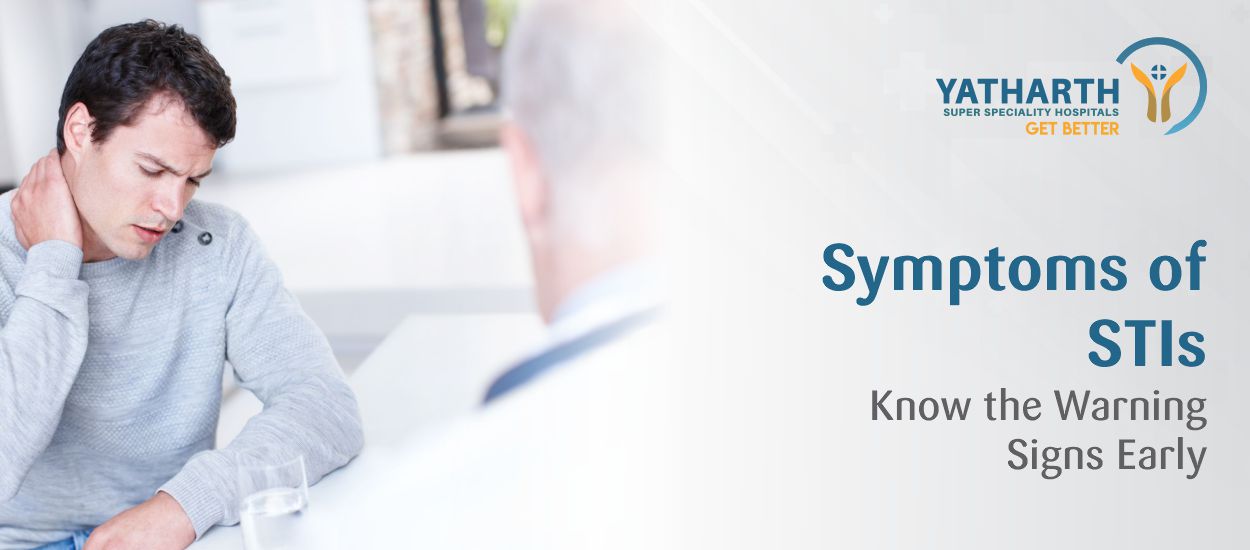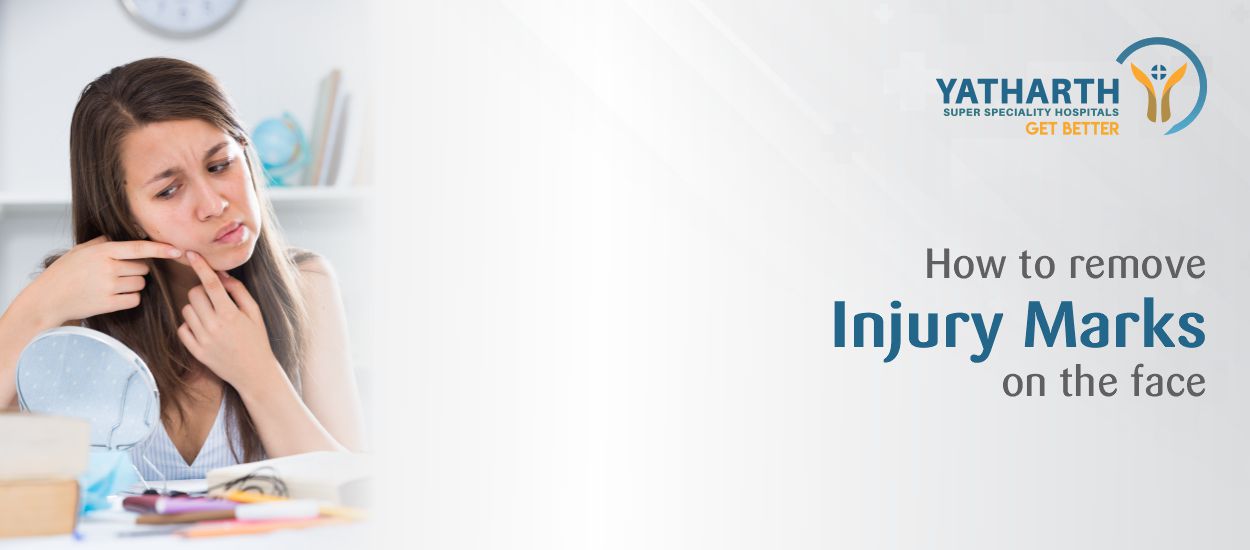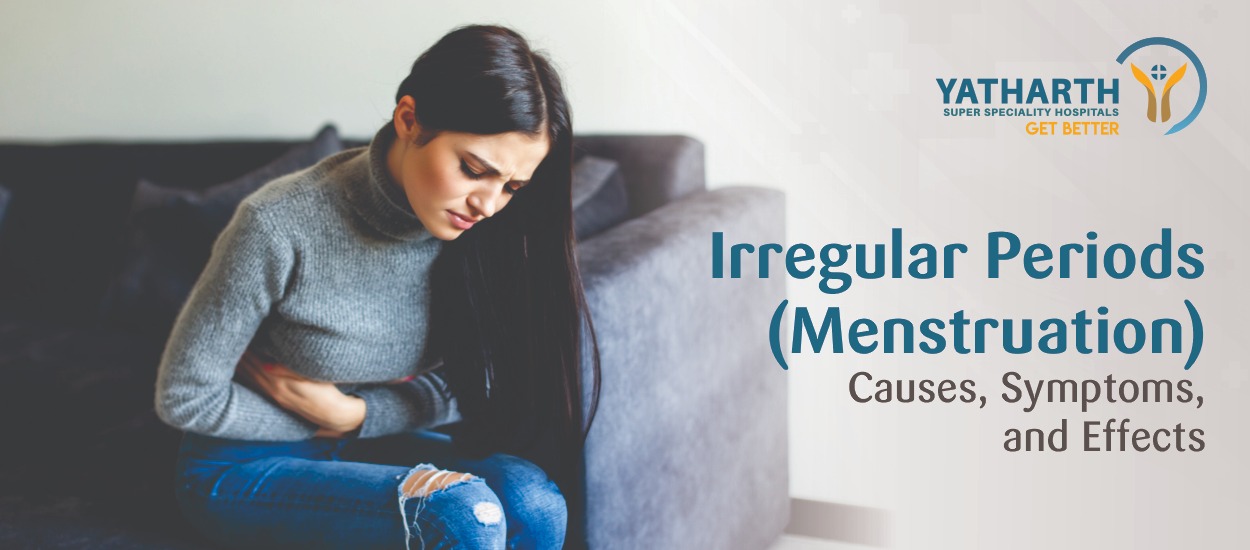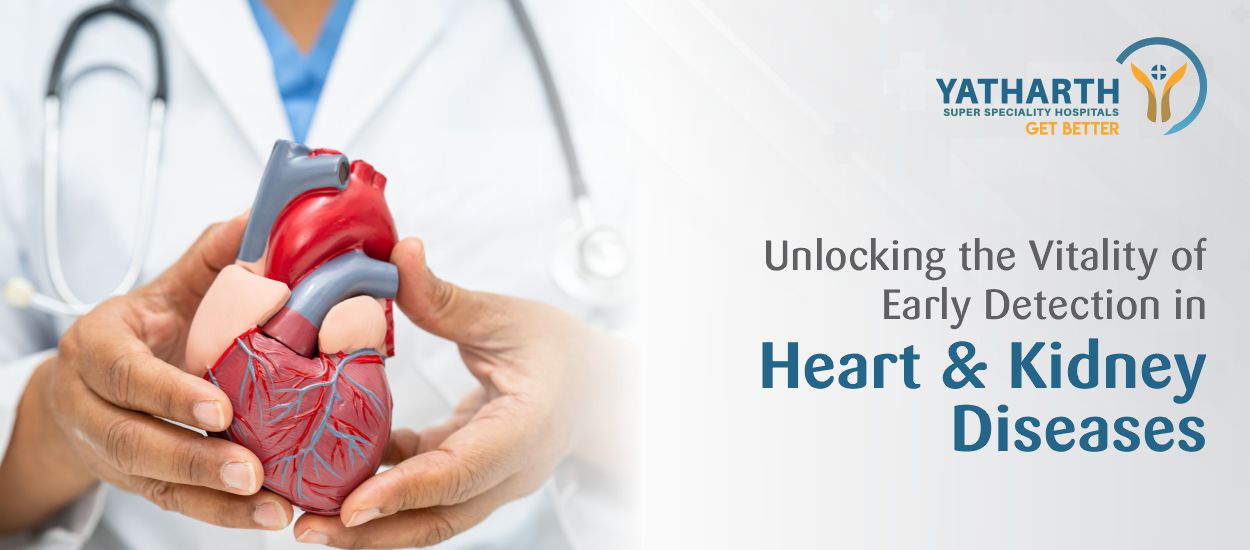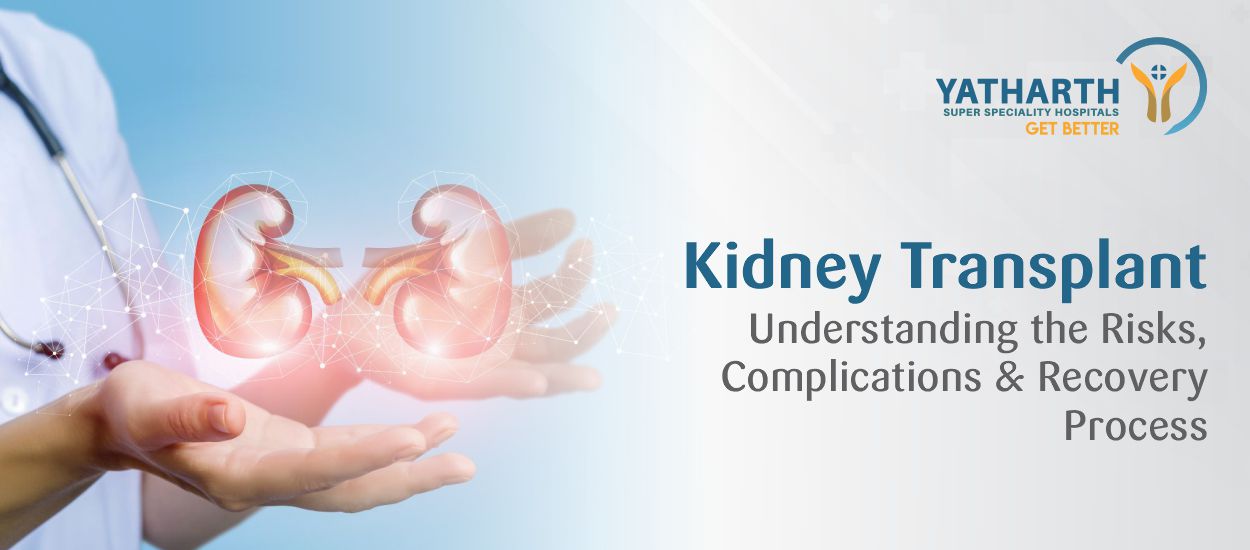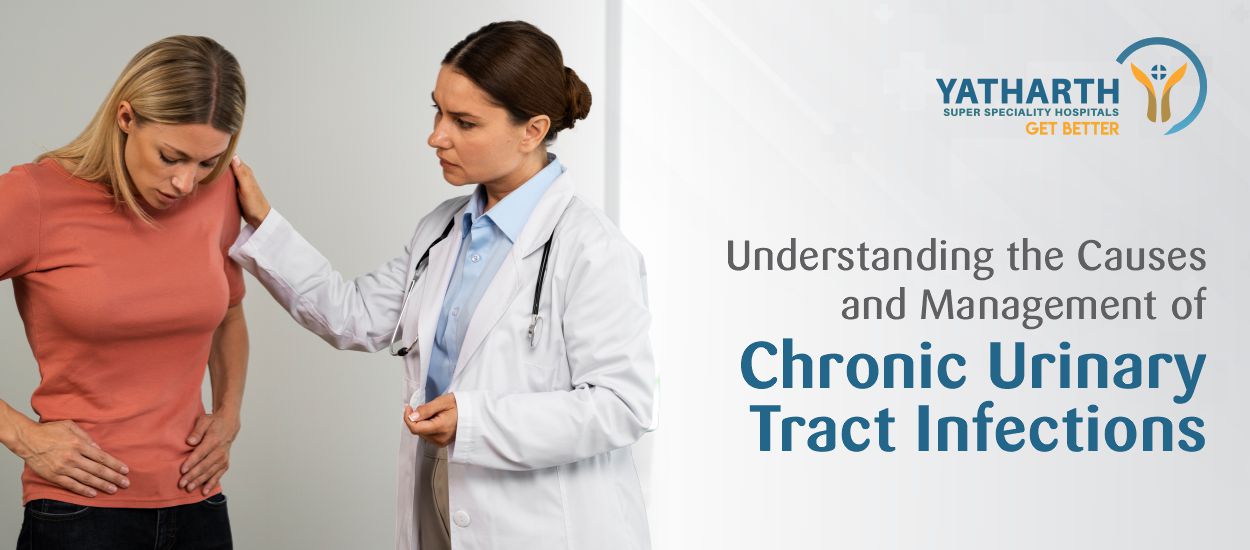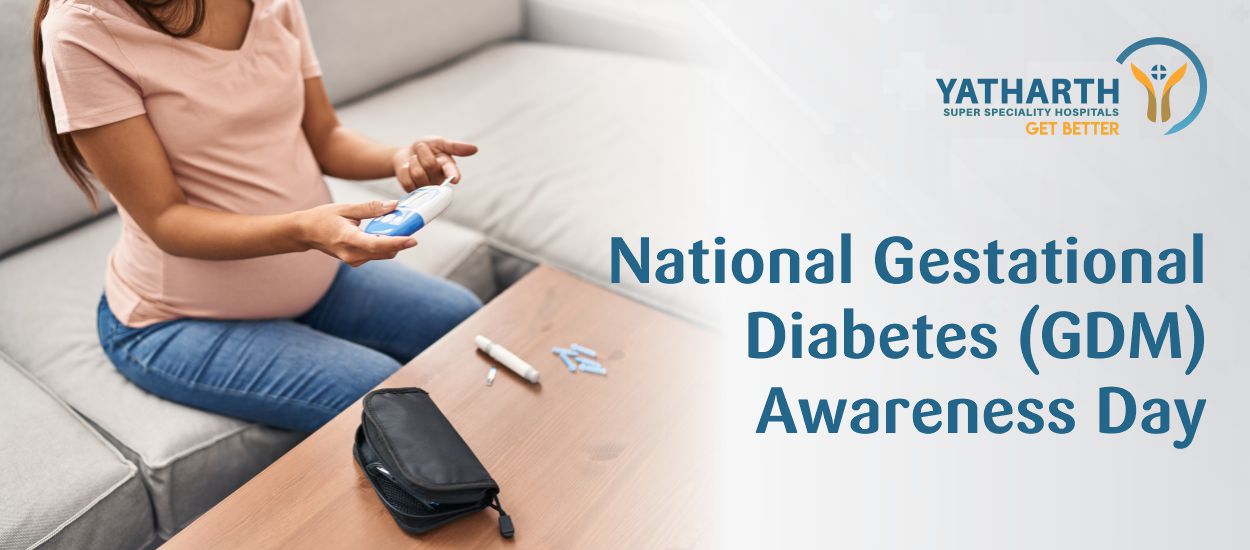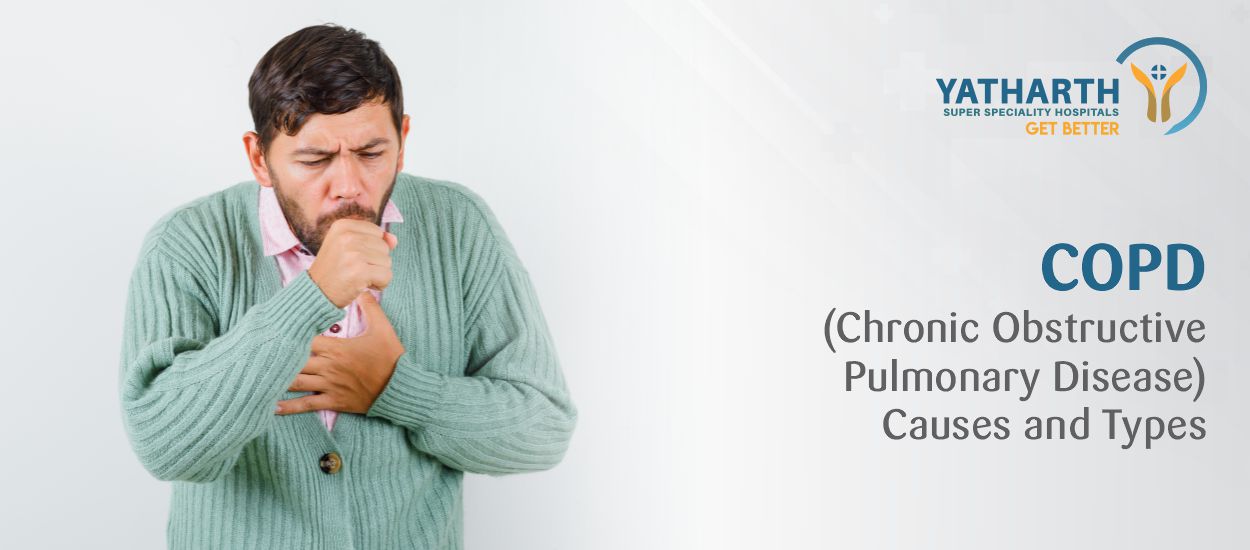Sexually Transmitted Infections (STIs) or Sexually Transmitted Diseases (STDs) are infections you get from another person through any form of sexual contact. According to the Centres for Disease Control and Prevention (CDC), there are more than 20 known types of STDs/STIs.
Wish to know if you have an STI or their symptoms? Read till the end!
How to Detect STIs Early On
Catching an STI early improves treatment outcomes. Many STIs, like Chlamydia and Gonorrhea, are curable with antibiotics, especially when seen in their initial stages. Even STIs such as Herpes and HIV, which currently do not have a cure but can be managed effectively with medication to reduce symptoms.
Warning Signs You Can Look Out For
Symptoms of STIs can vary widely depending on their type and can sometimes be so subtle that you can mistake them for other conditions.
General Symptoms
- Unusual Sores, Bumps, or Warts: These can appear on or near the genitals, anus, mouth, or throat. They might be painful or painless, single or multiple.
- Unexplained Rash: Rashes can appear anywhere on the body, including the palms of the hands and soles of the feet.
- Painful or Burning Urination: This can often be mistaken for a urinary tract infection (UTI).
- Unusual Discharge: This could be from the penis, vagina, or anus, varying in color, consistency, or odor.
- Itching, Irritation, or Swelling: Around the genital or anal area.
- Pain during sexual intercourse.
- Swollen Lymph Nodes: Especially in the groin area, but sometimes more widespread.
- Flu-like Symptoms: Fever, fatigue, body aches, headache, sore throat, or night sweats.
Females Symptoms Specific:
- Abnormal Vaginal Discharge: Changes in color (yellow, green), consistency (thick, watery), or a strong, foul odor.
- Abnormal Vaginal Bleeding: Bleeding between periods or after sex.
- Pelvic or Lower Abdominal Pain: This could indicate Pelvic Inflammatory Disease (PID).
Symptoms Specific to Males:
- Discharge from the penis: White, yellow, or green.
- Pain or swelling in one or both testicles.
Oral Symptoms:
- Sores in the mouth (which may be painless).
- Lesions resembling cold sores or fever blisters around the mouth.
- Persistent sore throat or difficulty swallowing.
- Redness with white spots resembling strep throat.
- Swollen tonsils or lymph nodes in the neck.
Rectal Symptoms
- Anal pain, itching, or bleeding.
- Discharge from the rectum.
- Painful bowel movements.
- Feeling of incomplete bowel evacuation.
When to Test For STIs
If you are having sexual intercourse regularly, then STI testing is extremely important, even if you don’t have any symptoms, since many STIs are asymptomatic. Asymptomatic STIs mean you could be infected and not know it before you potentially transmit it to someone else.
If any of the warning signs listed above are faced by you, then seek medical attention immediately. Never self-diagnose or wait for symptoms to disappear, as some STIs can go dormant but can still cause damage or be transferable.
Get connected with your healthcare provider and sexual partners if you feel any symptoms, and get checked. Keep in mind that early detection and treatment are your best tools to fight against STIs.
CONCLUSION:
It is essential to understand the symptoms of any sexually transmitted infections (STIs) for a timely and easy diagnosis and treatment. A lot of STIs have mild or no symptoms, making regular screening a part of your sexual awareness. If you notice any unusual changes in your body such as discharge, pain, sores or irritation, never ignore them. Early action not only safeguards your health but also prevents it from spreading to others. Prioritize being communicative with your partners and consult a healthcare professional at the first sign of concern. Being updated is the first step to staying safe.
